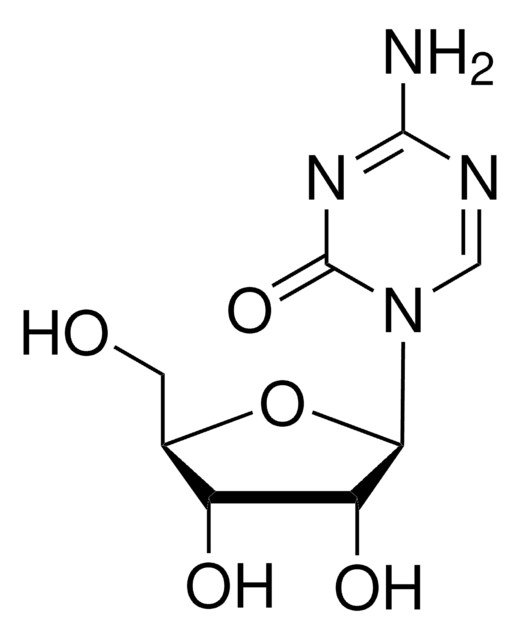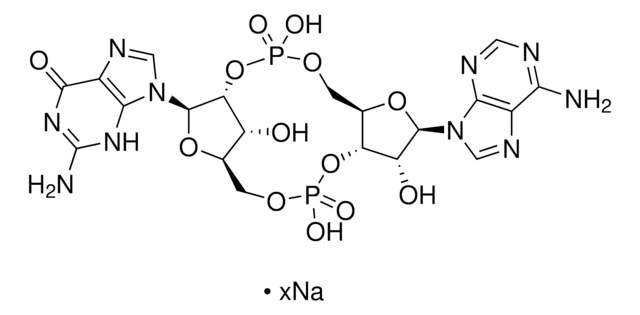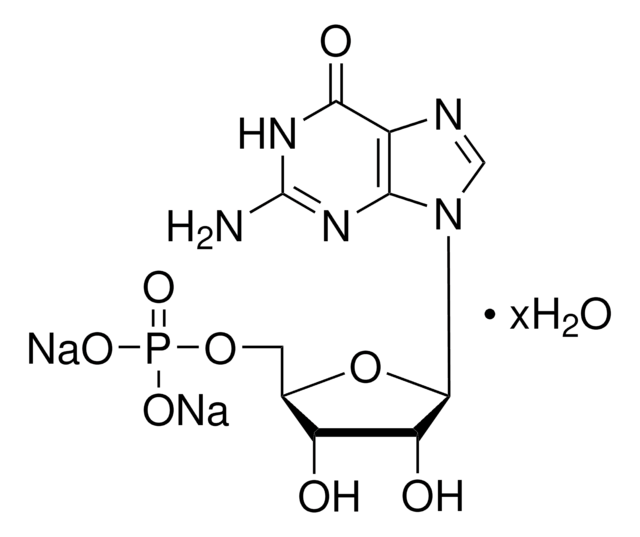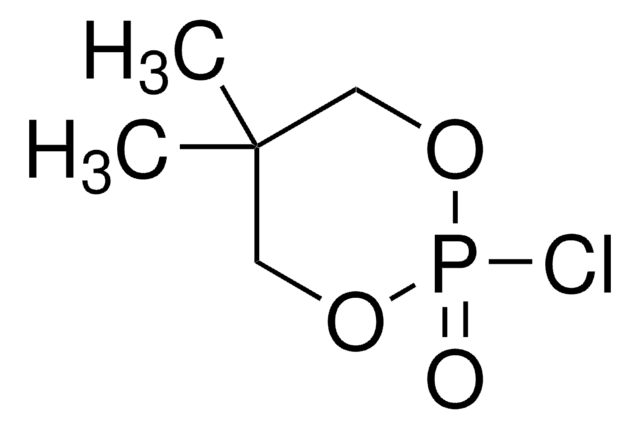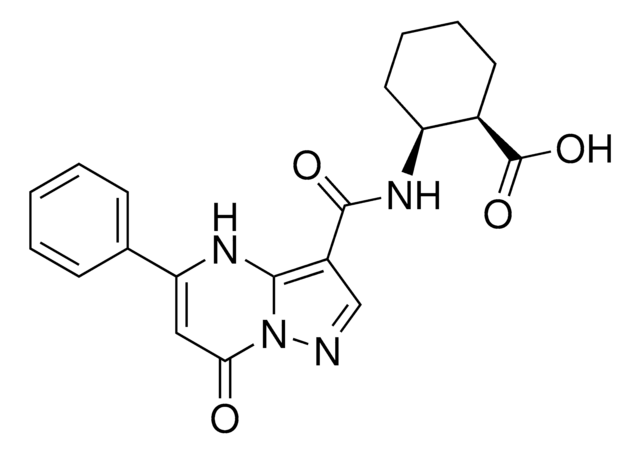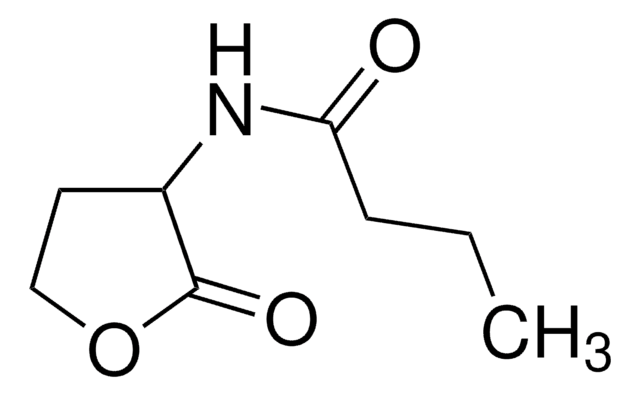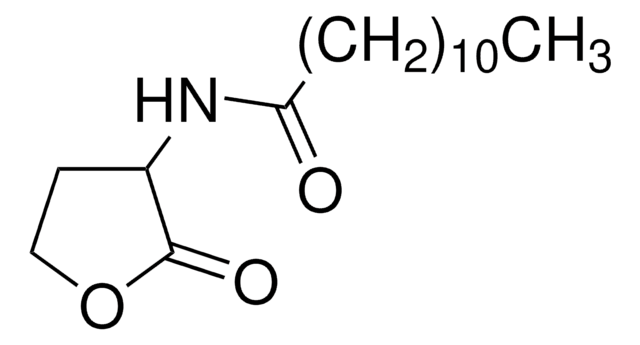SML1228
Cyclic-di-GMP sodium salt
≥98% (HPLC), powder, quorum sensing molecule
Synonym(s):
3′,5′-Cyclic diguanylic acid sodium salt, Bis(3′,5′)-cyclic diguanylic acid sodium salt, Cyclic Diguanosine-5′-monophosphate sodium salt, c-di-GMP sodium salt, c-diGMP sodium salt, cGpGp sodium salt
About This Item
Recommended Products
product name
Cyclic-di-GMP sodium salt, ≥98% (HPLC)
description
contains 1μmol of powder (approx. 0.7mg)
Quality Level
Assay
≥98% (HPLC)
form
powder
color
white to beige
storage temp.
−20°C
SMILES string
O[C@@H]1[C@H](OP(OC[C@H]2O[C@@H](N3C(N=C(N)NC4=O)=C4N=C3)[C@H](O)[C@@H]2O5)(O)=O)[C@@H](COP5(O)=O)O[C@H]1N6C(N=C(N)NC7=O)=C7N=C6.C
InChI
1S/C20H24N10O14P2/c21-19-25-13-7(15(33)27-19)23-3-29(13)17-9(31)11-5(41-17)1-39-45(35,36)44-12-6(2-40-46(37,38)43-11)42-18(10(12)32)30-4-24-8-14(30)26-20(22)28-16(8)34/h3-6,9-12,17-18,31-32H,1-2H2,(H,35,36)(H,37,38)(H3,21,25,27,33)(H3,22,26,28,34)/t5-,6-,9-,10-,11-,12-,17-,18-/m1/s1
InChI key
PKFDLKSEZWEFGL-MHARETSRSA-N
Application
Biochem/physiol Actions
Preparation Note
related product
Storage Class Code
11 - Combustible Solids
WGK
WGK 3
Flash Point(F)
Not applicable
Flash Point(C)
Not applicable
Certificates of Analysis (COA)
Search for Certificates of Analysis (COA) by entering the products Lot/Batch Number. Lot and Batch Numbers can be found on a product’s label following the words ‘Lot’ or ‘Batch’.
Already Own This Product?
Find documentation for the products that you have recently purchased in the Document Library.
Customers Also Viewed
Articles
Bioactive small molecules for immune system signaling target identification/validation and antibiotics, antivirals, and antifungals offered.
Our team of scientists has experience in all areas of research including Life Science, Material Science, Chemical Synthesis, Chromatography, Analytical and many others.
Contact Technical Service
